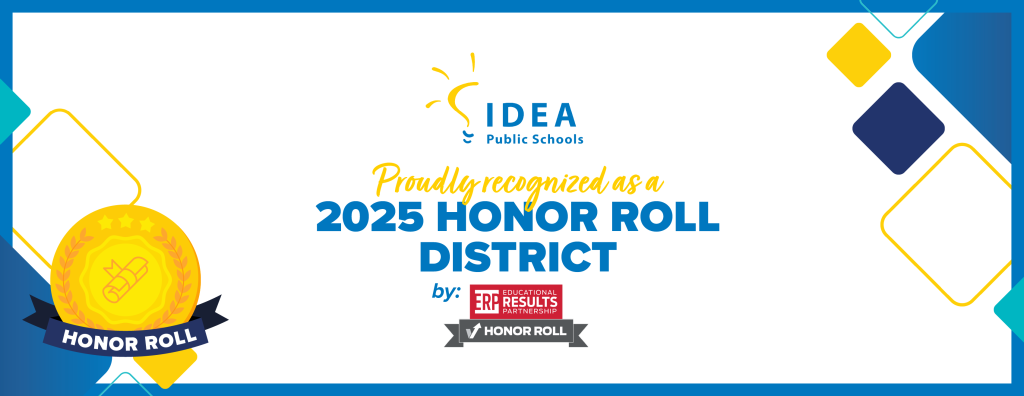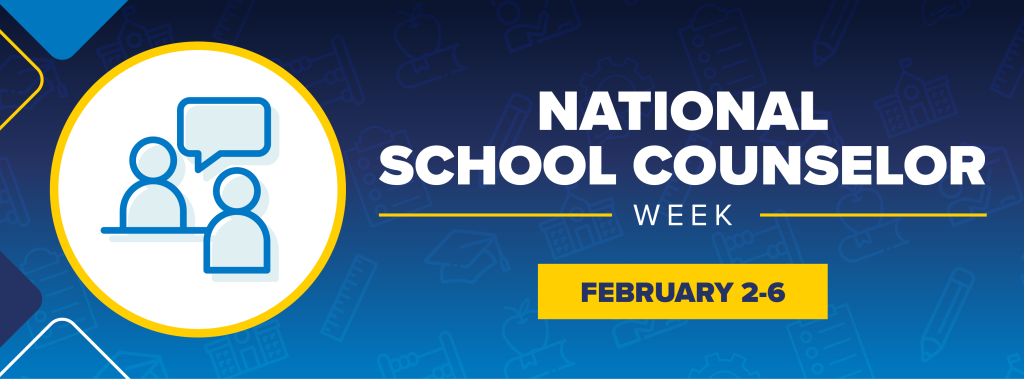One in every five students reports being bullied at some point during the academic school year. It can take place at any school campus, anytime, and anywhere. During this month of October, IDEA wants to highlight National Bullying Prevention Month, which was founded in 2006 by the PACER’S National Bullying Prevention Center.
This is a time when we want to increase awareness about the problems of bullying, the different forms of it, and provide resources for those who have been affected by it. IDEA recognizes that bullying is an issue that shouldn’t just be discussed in October, which is why we are a proud partner of Move This World to engage students in productive and supportive conversations about bullying year-round.
Bullying is unwanted behavior by another individual or group of individuals that involves an observed or perceived power imbalance and is repeated multiple times or is highly likely to be repeated. Bullying may harm or distress the targeted individual, including physical, psychological, social, or educational harm. The main types of bullying are physical, verbal, social (relational), and cyber.
Anyone can experience bullying. Whether it is in the hallways before class or online over social media, bullying can have serious short-term and long-term effects on those affected by it. Here are signs you can look out for:
- Feelings of loneliness, sadness, and helplessness
- Depression, anxiety, and low self-esteem
- Frequent illnesses or faking illnesses
- Self-destructive behaviors such as running away from home, harming themselves, or talking about suicide
- Increasing absences from school or class
- Change in eating habits such as skipping meals or binge eating
- Isolation from friends and family members
Here is What You Can Do
Parents, you play a significant role in identifying and helping to stop bullying or cyberbullying. Pay attention to any changes in mood or behaviors in your scholar(s). Create and maintain open-ended conversations with them to learn what is going on in their life inside and outside of school. Make them a safe place where they feel heard and understood.
As cyberbullying is on the rise, ensure to teach your scholars about the prevalence of cyber-bullying and ways to deal with the situation. Currently, more than 25% of adolescents and teenagers have experienced some form of cyberbullying. For more information on bullying and how you can best support your scholar, visit What Adults Can Do to Help Youth Experiencing Bullying.
If you think your child is experiencing bullying or is bullying others at our IDEA campuses, please reach out to campus leaders and check out our additional resources provided below.
- IDEA considers bullying a serious matter and encourages prompt reporting. If this is an emergency, call 911.
- IDEA provides an anonymous hotline to report incidents of bullying:
- The IDEA Hotline: 1-855-428-3561 – The Hotline is manned between the hours of 7:30 AM and 6 PM. Calls made to the hotline outside of these hours will be recorded via voicemail and responded to within 12 hours.










